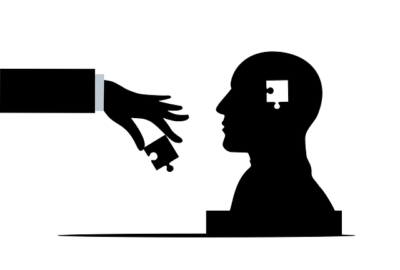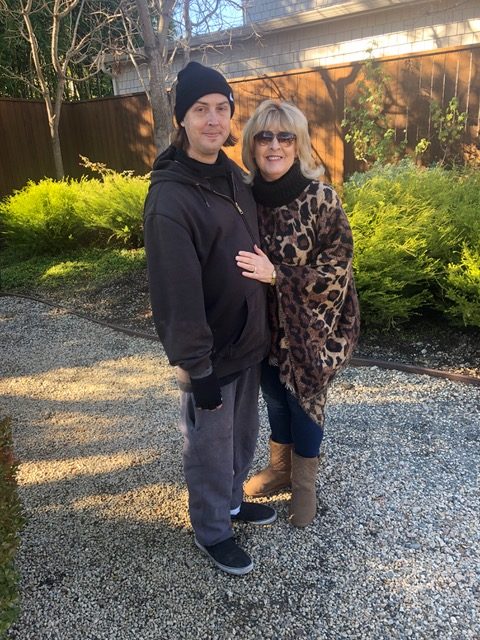
courtesy of pixabay
(2-14-22) Justin Brodman, a 40 year-old Austin man who has been hospitalized 70 times, is back on the streets, living under a freeway overpass, with fresh sutures on the head wound that he received when he walked out into traffic on a busy street. Only now, those gruesome cuts are showing signs of infection.
I posted a blog Friday about repeated attempts by his mother, Frances Musgrove, to get him appropriate treatment.
And yet, he was discharged to the streets because he doesn’t believed he is mentally ill and the police and local mental health officials insist Justin doesn’t meet criteria for involuntary commitment. This update was provided by a family friend.
Dear Pete.
We all said to ourselves ‘Wow, finally Justin is getting the care he needs, how sad that it took a car crash to finally get this man some help.
THAT IS NOT WHAT HAPPENED.
He was released and returned to the underpass where he sleeps.
Austin public officials and mental health authorities are now KNOWINGLY endangering the public. Justin already has caused a car accident, and it will happen again. He is not being treated. Austin drivers are in danger, and residents should be furious. Imagine your teenager behind the wheel. Imagine being the teenage driver who killed a 33 year old woman who walked into traffic in February 2018. Like Justin, she had many hospitalizations at Austin State Hospital (ASH) but was killed after ASH was forced to discharge her (again).
Who dropped the ball?






